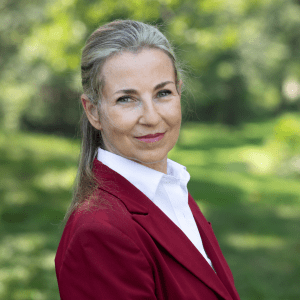When Science Loses Its Credibility: Rebuilding Public Faith in Research and Health

Rebuilding Trust: A Compassionate Approach to Restoring Confidence in Modern Medicine and Science
In an era of increasing skepticism and information overload, bridging the gap between scientific expertise and public understanding has become more crucial than ever. The path to rebuilding trust in medical science requires a nuanced, empathetic approach that goes beyond simply presenting facts.
Understanding the Root of Skepticism
Public doubt doesn't emerge in a vacuum. It stems from complex emotional and psychological factors, including past experiences, cultural influences, and a fundamental human desire to feel heard and respected. Effective communication means acknowledging these underlying concerns with genuine compassion.
Key Strategies for Meaningful Dialogue
- Practice active listening and validate people's genuine concerns
- Communicate scientific information transparently and accessibly
- Demonstrate humility and openness to ongoing learning
- Create spaces for respectful, two-way conversations
The Power of Empathetic Engagement
True healing begins with mutual understanding. By approaching public discourse with empathy, patience, and genuine respect, medical professionals and scientists can gradually rebuild the trust that forms the foundation of collaborative healthcare and scientific progress.
The journey toward renewed confidence is not about winning arguments, but about creating meaningful connections and shared understanding.
